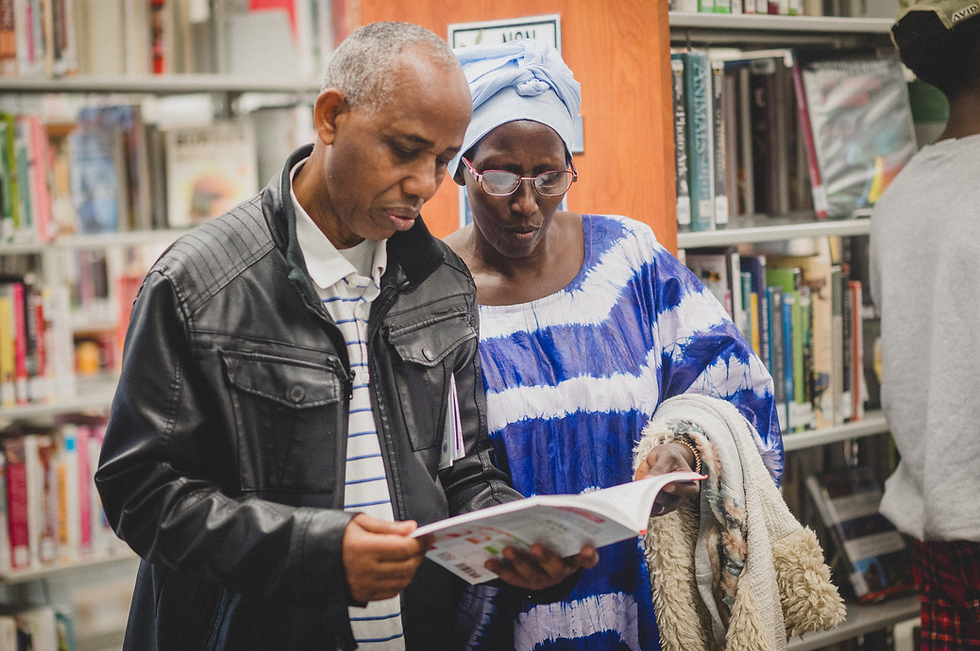Against the Odds: Education in El Salvador
- Laurie Kagay
- Jan 4, 2017
- 2 min read

Betsy Johnson enjoys a moment with teachers as they discuss the various obstacles teachers face in a system lacking what they need to keep students engaged in the classroom.
“How can I do a good job teaching 50 students, aged 4-8, all by myself?”
“How can we teach students well when they come to school so tired after working in the fields all morning?”
“How can I teach computer science, without a computer?”
These were just a few of the questions a group of Salvadoran teachers asked our team this past week at our recent educator seminar. As a principal of our K-12 Academy and teacher myself, I could relate to their desire to do a good job teaching. I could also relate to their willingness to attend an educator seminar to improve their abilities to teach during their summer vacation time. However, I could not relate to many of the issues they brought to our attention:
No class cap. Only a class minimum: 50. No internet access. No pens or pencils for the students. An inadequate number of teachers for a growing number of students.
I could go on, but I think you get my point.
The educational system in El Salvador is in dire need of a paradigm shift in education. The ministry of education sets the guidelines and parameters that schools across the country are supposed to abide by: curriculum, attendance, teacher salaries, and certificates. It is then up to the individual schools to implement it, regardless of the more specific needs of their locale. We asked the 25 teachers that attended our seminar how some of these things are implemented in their schools. They just shook their heads and laughed - though they try to implement the best they can, it's just not possible.
Teachers in El Salvador are up against so many odds. But it’s not too late. We are willing to help. Over the past year, we have facilitated three teachers seminars, supporting nearly 75 different teachers across the country, many of which represent different schools. As we look ahead, we plan to continue to diligently support these teachers in a few specific ways: develop a forum whereby we can brainstorm and problem solve solutions together, provide educational resources such as periodicals on educational topics, and lastly, to continue to provide classroom resources.
It’s not hard to get swallowed up into the depths of the issues prevalent in the education system of El Salvador. There are a lot of issues. However, we serve a God who looked at the religious system of Judaism, saw that it wasn't functioning how it was intended to, tore it down to then rebuild it (John 2:19). The tasks of tearing down and rebuilding a system are no small thing, but neither are the lives of children in El Salvador who deserve a proper education. We are going to do our best to get it to them.
25 teachers came to our educator seminar last month. 25 teachers have not given up hope, and neither will I. 25 teachers are ready and willing to work with us, to begin to rebuild the education system of El Salvador together. Because of them, I will not lose heart. Because of them, we are making a difference already.




Comments